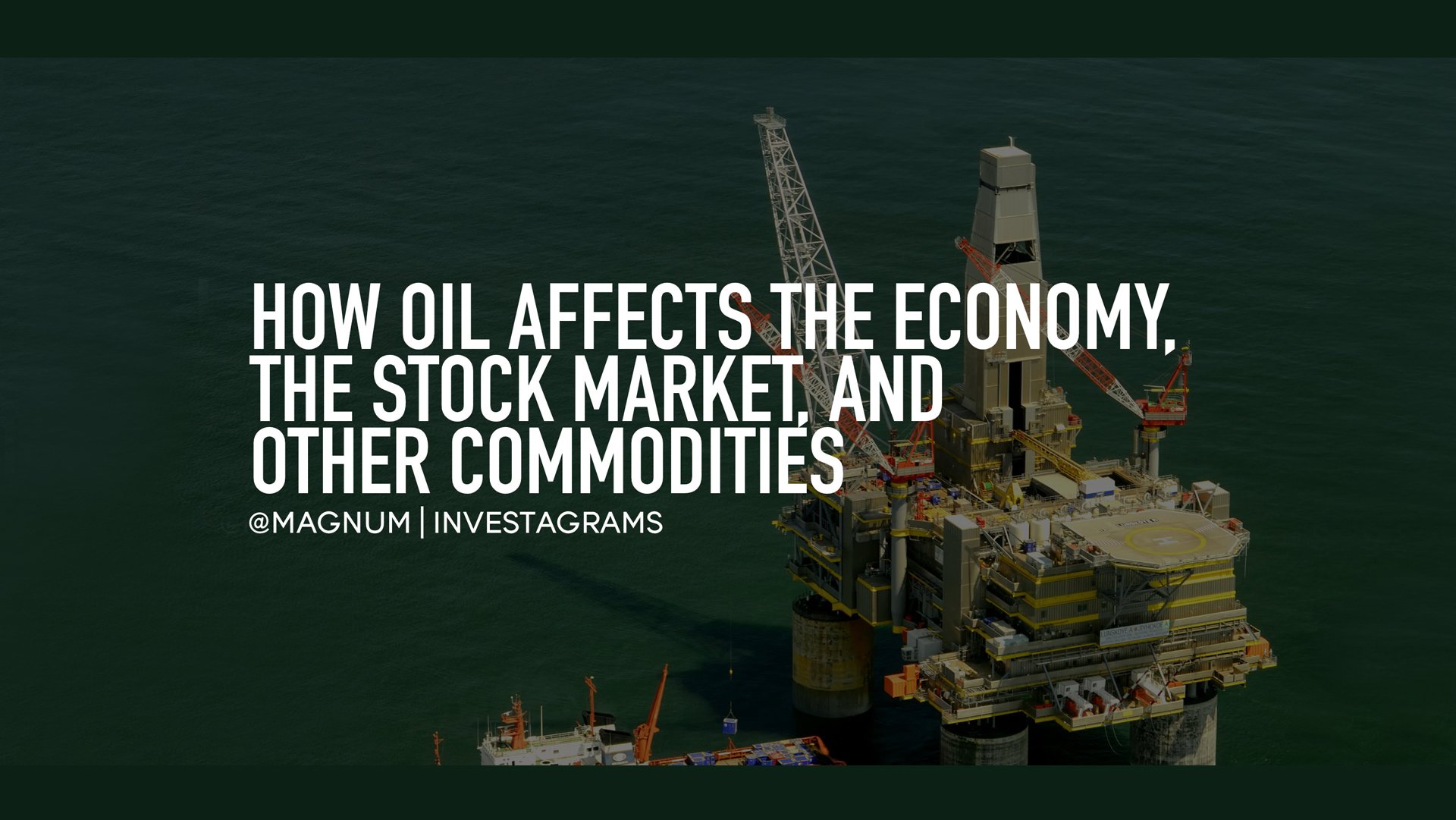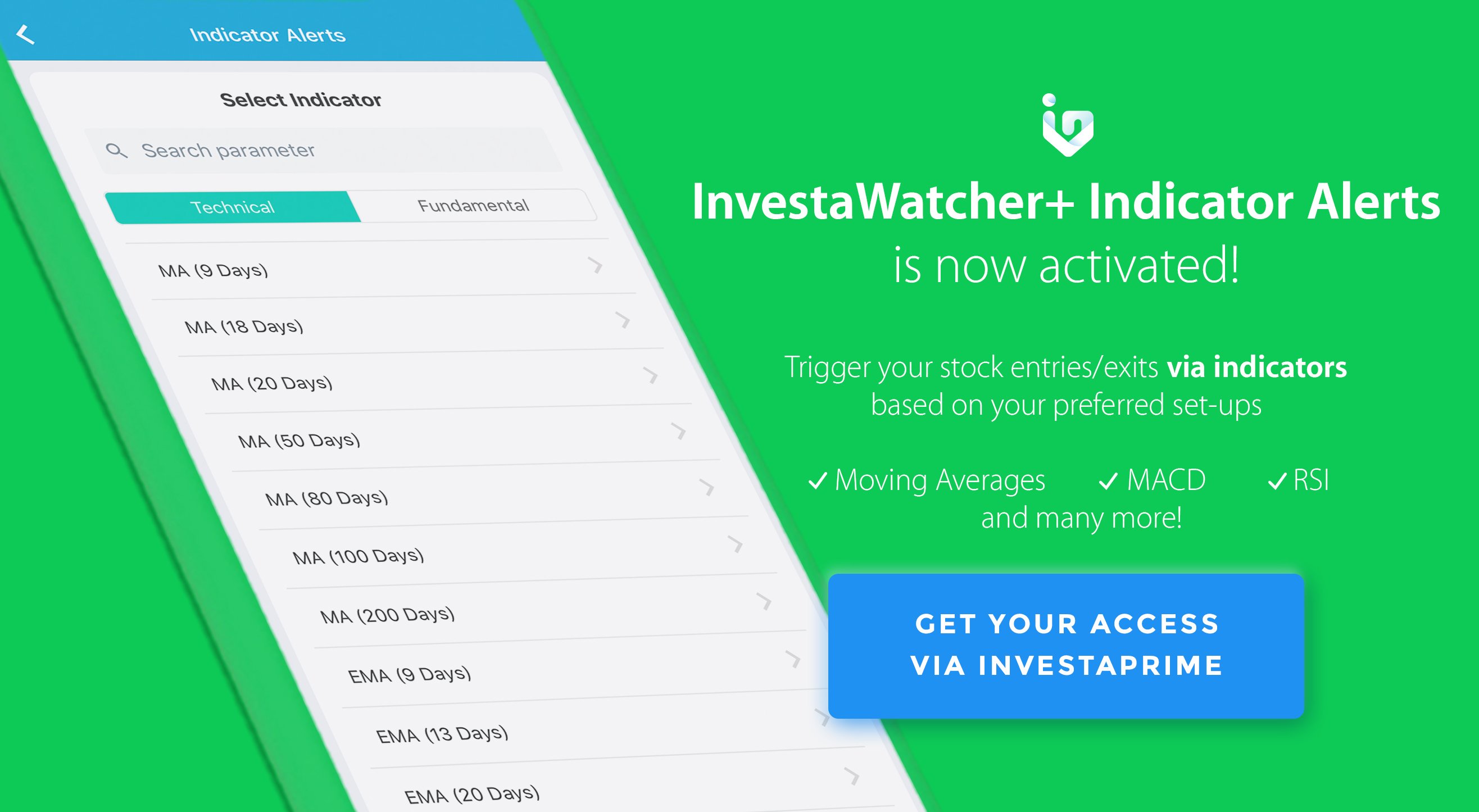Oil is one of the leading drivers of consumption and a leading indicator of economic growth. Historically, when its price reached a peak of USD 147.7 per share in July 2008, it was at the summit of the stock market index. At the height of economic might, it signaled bullish market highs only to be subdued by the US financial market collapse led by the housing bubble and the stock market burst. At that time, greed and demand were at an all-time high because of the spiraling prices caused by the financial meltdown. After more than a decade of economic and stock market cycles later, at the peak of consumption and economic boom, it happened again in the year of the metal rat, 2020.
The Year of The Metal Rat is considered unlucky in Chinese culture, and surprisingly, it all started there. China is a country that has been experiencing continuous and uncomparable economic growth which has never occurred since the industrial age. But this all changed when scientists traced the origin of a new strain of coronavirus, a highly-contagious disease, COVID-19 in Wuhan, one of its major cities. The residents of Wuhan were getting sick at an exponential rate, so the city implemented a total border lockdown. But to spread it to neighboring and even farther countries in this day, and age, where land, sea, and air travel has become very much accessible was already unavoidable. The virus caused borders across the globe to shut down and economies as well. This followed the stock market to crash once again and trigger numerous circuit breakers. Eventually leading the consumption of oil, one of the major commodities, to grind to a halt.
The pandemic caused the price of oil to plunge at an all-time low due to oversupply. And instead of stalling production caused by this unforeseen circumstance, Saudi Arabia, Russia, and their partners in the Organization of Petroleum Exporting Countries (OPEC) came up with other plans in order to have a price and production rift. They decided on who should back down in their quest to trump their rivals, the shale producers, the United States, and Canada. This followed the commodities and equities market to tailspin.
There are benefits in tracking and studying the price movement of certain commodities especially oil. This particular commodity has been the cause of a number of major alliances, economic and political treaties that are used as leverage, and even wars. That’s why besides index and currency, the price of oil is one of the indicators that traders should watch. Its price should be treated as an investment guide and a trading indicator on when to deploy or withdraw extra capital. If the price of oil rallies, the stock market usually follows not too far or just precedes its price. Hence, commodity traders right now should take advantage of both the low price and volatility of oil.
Although unfortunate, the stock market crashing once again is still within the realm of possibility. Therefore traders should be able to capitalize, prepare for unpredictable damages, and become conscientious enough to share on how to deal with black swan events, including this one. If you are already a trader right now, you are already a part of history!
Contributor:
Name: Carlomagno Raymundo Mendez
Investagrams Username: @magnum
About the contributor:
Magnum is a businessman from Manila who has been stock trading since 2013. He is currently an executive in his family’s security and personnel business and at the same time runs his own company in the telecommunications field.


